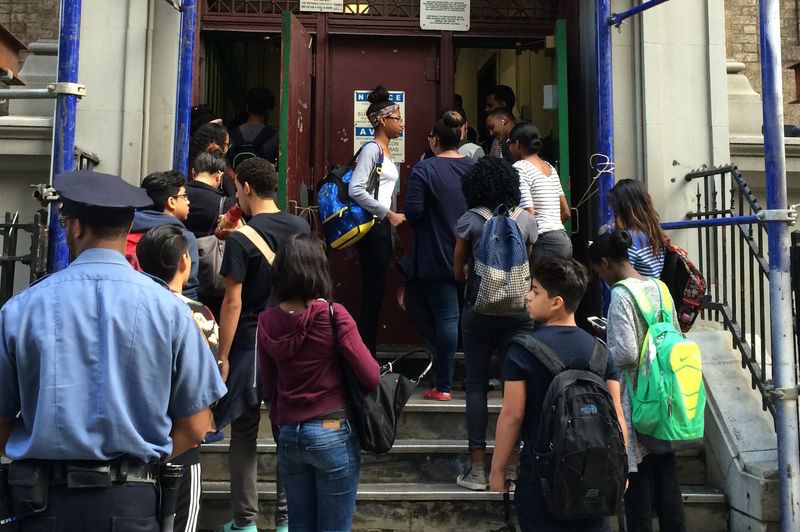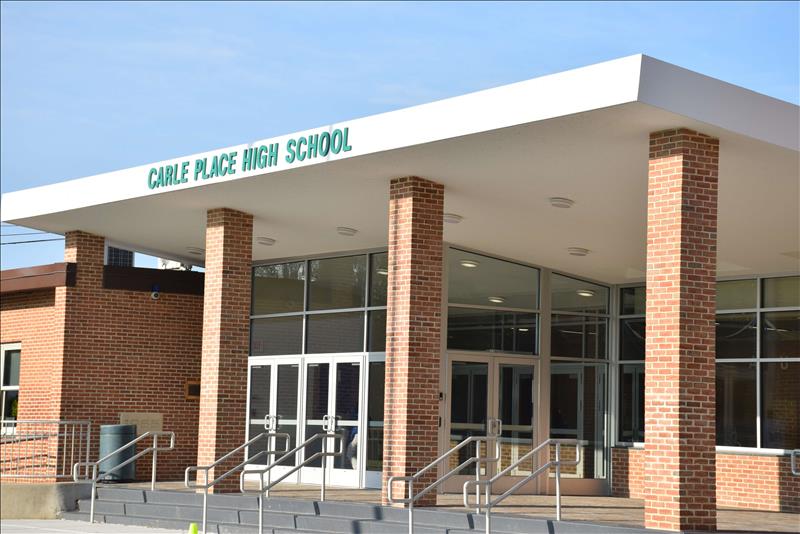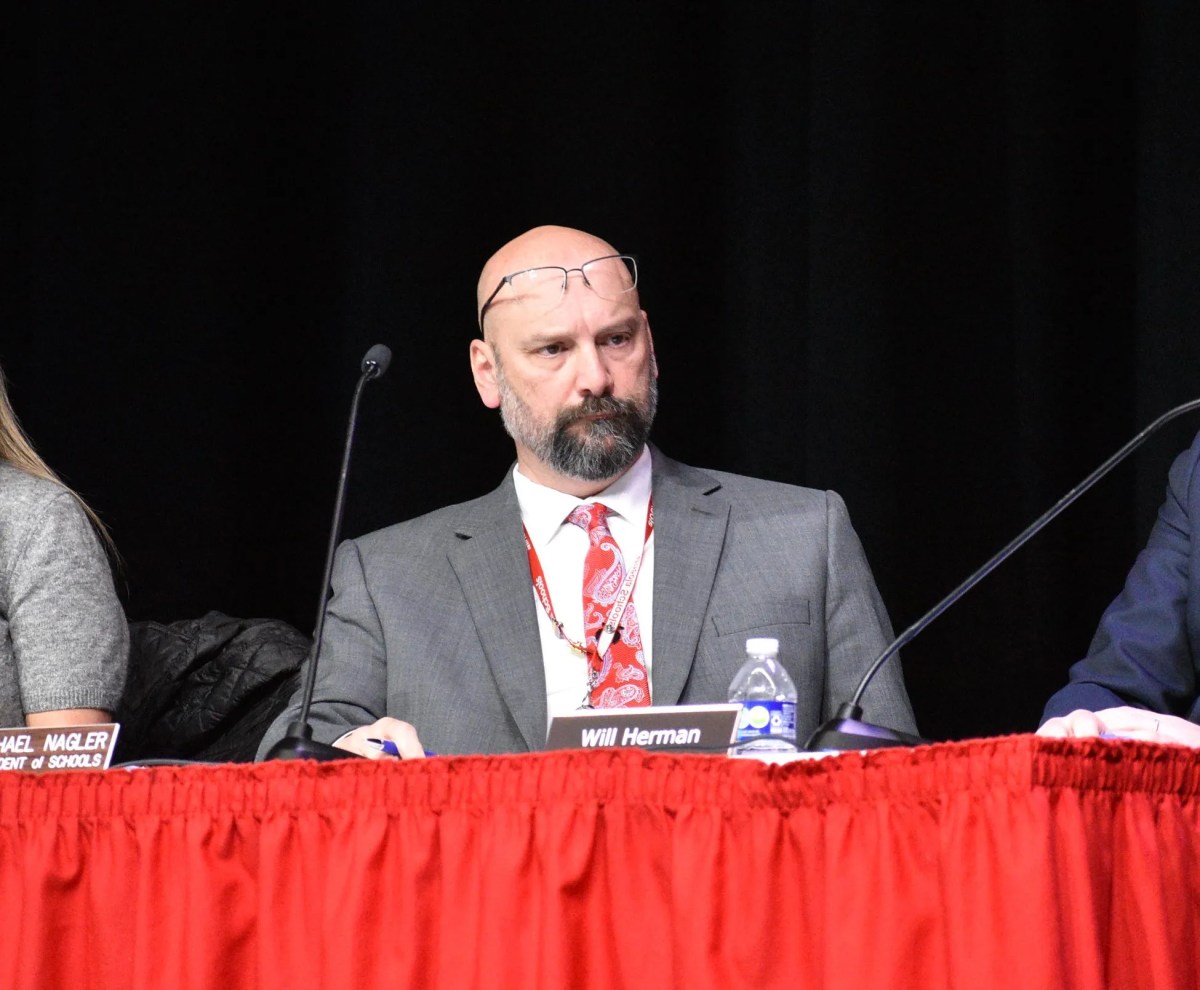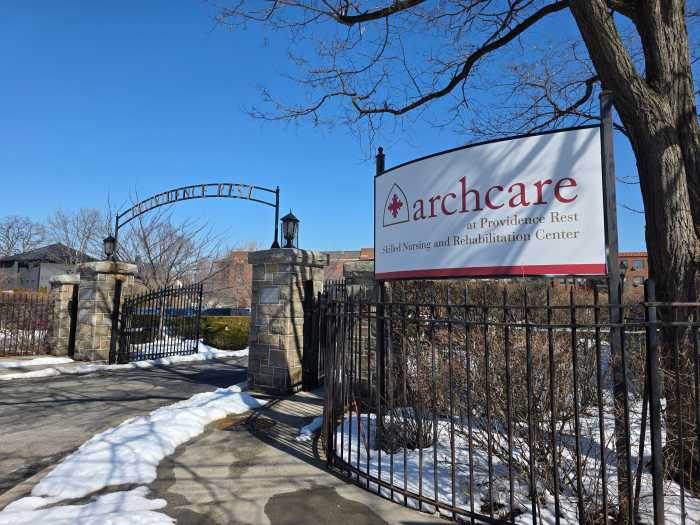Mayor Bill de Blasio yesterday announced a plan to further improve school safety and put an end to excessively punitive school disciplinary policies, noting the 29 percent decrease in school crime since the 2011-2012 school year. Students of color and students with disabilities make up a disproportionate amount of those who are arrested or suspended in school. The de Blasio administration aims to reduce this rate through policy changes and increased training for school personnel.

“When I was a public school parent, it was incredibly valuable to know that Dante and Chiara were safe and supported in class,” said de Blasio. “Parents in all neighborhoods across New York City deserve the peace of mind to know that their children are empowered to learn and succeed in a safe, inclusive environment. This roadmap will ensure that schools across the city bring families, educators, safety professionals, and community leaders together to support one of New York City’s most prized resources – our students.”
The plan was developed alongside Department of Education Chancellor Carmen Farina, Police Commissioner Bill Bratton, and the City Council. Providing additional training to those who handle school conflicts is the first step. The NYPD is expanding de-escalation training for school safety agents, offering Collaborative Problem Solving training for high-level officers and other officers who handle school crises.
“The significant crime reduction within our City’s schools is an achievement we can all be proud of. The NYPD welcomes these training opportunities for its members, and the Department looks forward to improving its relationships with school faculty and students to ensure that New York City schools remain safe environments where students can learn and excel,” said Police Commissioner William J. Bratton.
In high-need schools, several school safety agents, teachers and parent representatives have been trained in restorative disciplinary practices, which enable students to reflect, take control of emotions, and build relationships. The NYPD and DOE will expand the availability of these training sessions. Through a partnership with the City Council, more than 20 schools will receive additional staffing and training in restorative practices. The City Council is providing $2.4 million and the DOE is providing $575,000 to expand this training.
The Brooklyn Community Foundation partnered with the Leadership Team to provide $400,000 per year to the effort in four Brooklyn schools.

“Our schools should be safe havens for learning, especially for our students who are struggling most. This new roadmap makes important investments to ensure that our classrooms give children and educators the tools they need to succeed and thrive. I commend Mayor de Blasio and Chancellor Farina for moving our schools forward with these lasting and constructive reforms,” said Public Advocate Letitia James.
The NYPD and DOE will release an instructional guide for principals and educators to help them determine the difference between law enforcement issues and disciplinary issues. Starting this year, schools will be required to complete a Crisis De-escalation Plan to ensure that school personnel understand their role in responding to a crisis. A new warning card program will be implemented by the NYPD on five campuses as an alternative disciplinary response outside of the criminal justice system.
Currently, the City does not have a uniform metal detector protocol in place. There are 80 permanent scanning campuses across the City. The NYPD will develop an assessment tool to determine where scanners are needed and increase training for school safety agents in scanning schools.










